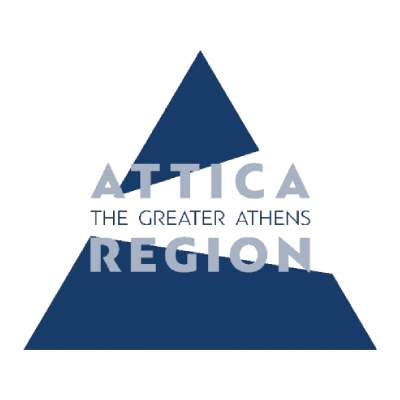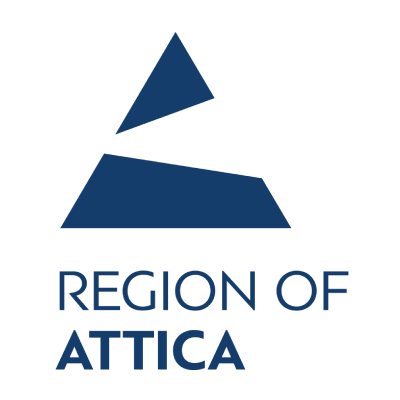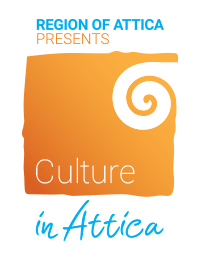The “Apostolos Nikolaides’ arena is located on Alexandras avenue and owned by Panathinaikos Athlitikos Omilos (Panathenian Athletic Club). The founder of the Club, which has the shamrock as its emblem, George Kalafatis identified the area in the early ’20s and since then it has been the home of Panathinaikos’ sporting events.
In 1922, Panathinaikos started working on the conversion of a rocky area to a football stadium. In 1924, with a resolution of the 4th National Assembly, Panathinaikos has acquired the use of the land, while decades later became owner of the land.
In this venue, located in Alexandras avenue, many of the Golden pages of Greek sport history were written, while it has been a pioneering venue for many reasons as stated below. In particular:
- For the first time, a Greek football stadium has grandstands and covered radius.
- Headlights were placed for the first time for conducting night football matches.
- Some completely unknown, until then, sports were presented for the first time in Greece, such as for example hockey, rugby and baseball.
- Football matches were filmed for the first time.
- Turf was inserted in a Greek football stadium for the first time.
- The first indoor basketball- Volleyball hall was built.
Reference worthy is also the action during the years of German occupation during WWII. Panathinaikos’ fans converted halls of the Athens-based stadium in meeting rooms of the Greek resistance members.
“Leoforos” (the “Avenue”) was the headquarters of the National Greek football team for many years with significant successes. Up to and including the “herculean task” of 2004, i.e. the conquest of the European Championship has been watered with the aroma of Panathinaikos’ arena, since all the qualifying home games of the Greek National team were held in “Leoforos”.
“Leoforos” was considered as sacred land. If a great athlete of the Panathinaikos’ family lost its life, then at the funeral the casket was covered with stadium soil.
In 1981 the stadium was renamed “Apostolos Nikolaides”, commemorating one of the most important personalities in the history of Greek sport, and the visionary of the “Champion of all sports” as the Panathinaikos anthem states.
Today, the Stadium is used by the Panathinaikos Football Club and the most of all sports of the Panathinakos Athletic Club.



